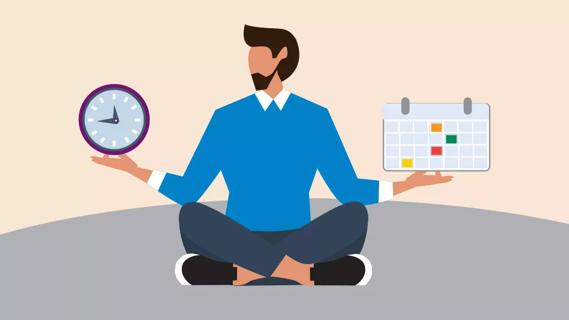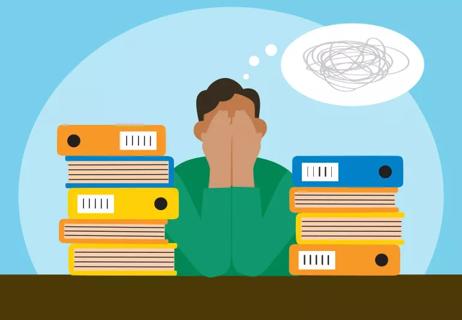Obsessing could signal risk for addictive behaviors, study says

Many of us are guilty of posting a few selfies — those photos we take of ourselves with our smartphones — on our social media accounts. But could taking and sharing too many self- images tell us something about ourselves?
Advertisement
Cleveland Clinic is a non-profit academic medical center. Advertising on our site helps support our mission. We do not endorse non-Cleveland Clinic products or services. Policy
Yes, says a recent study from researchers in India and the U.K., who looked at the selfie-taking behavior by a group of students. They found that the students had six motivating factors for taking and posting selfies:
The researchers developed a scale to measures obsessive selfie taking, which some researchers have called selfitis. People with a high selfitis score often suffer from a lack of self-confidence and are trying to fit in the people around them. Perhaps more important, a high selfitis score may indicate a risk for other addictive behaviors, the researchers say.
Selfitis is not a mental disorder recognized by the American Psychiatric Association. But the researchers say their study can aid better understanding of psychological consequences, which may be positive and negative, of technology-related mental issues. In addition, the six factors they identified that appear to underlie selfitis could be useful for future research into understanding human-computer interaction across mobile electronic devices, the researchers say.
The study shows that people often post selfies to boost their mood or play a game of one-upmanship, says clinical psychologist Scott Bea, PsyD. Dr. Bea did not take part in the research.
Advertisement
“It ends up having to do with our brain chemistry,” he says. “By taking selfies and posting them, people are trying to treat their brain and stimulate positive chemistry. There’s a social comparison thing going on as well. We look at other people — they’re having great lives — I want to look like I’m having a great life too, so I post my best moments or best photos out on the internet.”
Focusing too much on ourselves tends to make bad feelings worse,” Dr. Bea says. Sometimes we will take measures to try to counteract those bad feelings — and those measures are not always healthy.
“When that self-awareness becomes intense, we’re often chanting about what’s wrong with us — it’s a place we go to experience low mood states such as anxiety and tension. It all comes from how we interact with thoughts, and many times, thoughts about ourselves or our futures,” he says.
Another study highlights the importance of selfies in some people’s lives. The distorting effect that occurs when we take selfies at a close range is prompting an uptick in people seeking plastic surgery simply to look better in photos on social media platforms.
Gaining control over our social media behavior comes down to setting limits for ourselves, Dr. Bea says.
“Stay away from your phone for periods of time – try not to access it – so that you gain governance,” he says. “When we’re getting involved with the emotional part of our brain, it overrides our pre-frontal cortex – the part of our brain that helps make good decisions, plan and predict the future, and see the consequences of our behaviors.”
We don’t have to cut out selfies altogether to have a healthy relationship with social media, Dr. Bea says. Have some fun with photos and social platforms, but don’t let it rule your life.
Advertisement
Learn more about our editorial process.
Advertisement

Connecting with others, going for a walk or focusing on sleep quality can help more than you might realize

You may not always notice it, but your mental health has just as big of an impact on your well-being as your physical health

Rethinking your Mondays might make the ‘Sunday scaries’ a thing of the past

Get to know the resources they have on and off campus, including their friends

College is a time of big transitions, intense stress and major lifestyle changes

Wishing you made a different decision can help you learn from your mistakes

This term from TikTok encourages positive affirmations around ‘luck’

Start a conversation, gently ask questions and offer help without judgment

Type 2 diabetes isn’t inevitable with these dietary changes

Applying a hot or cold compress can help with pain